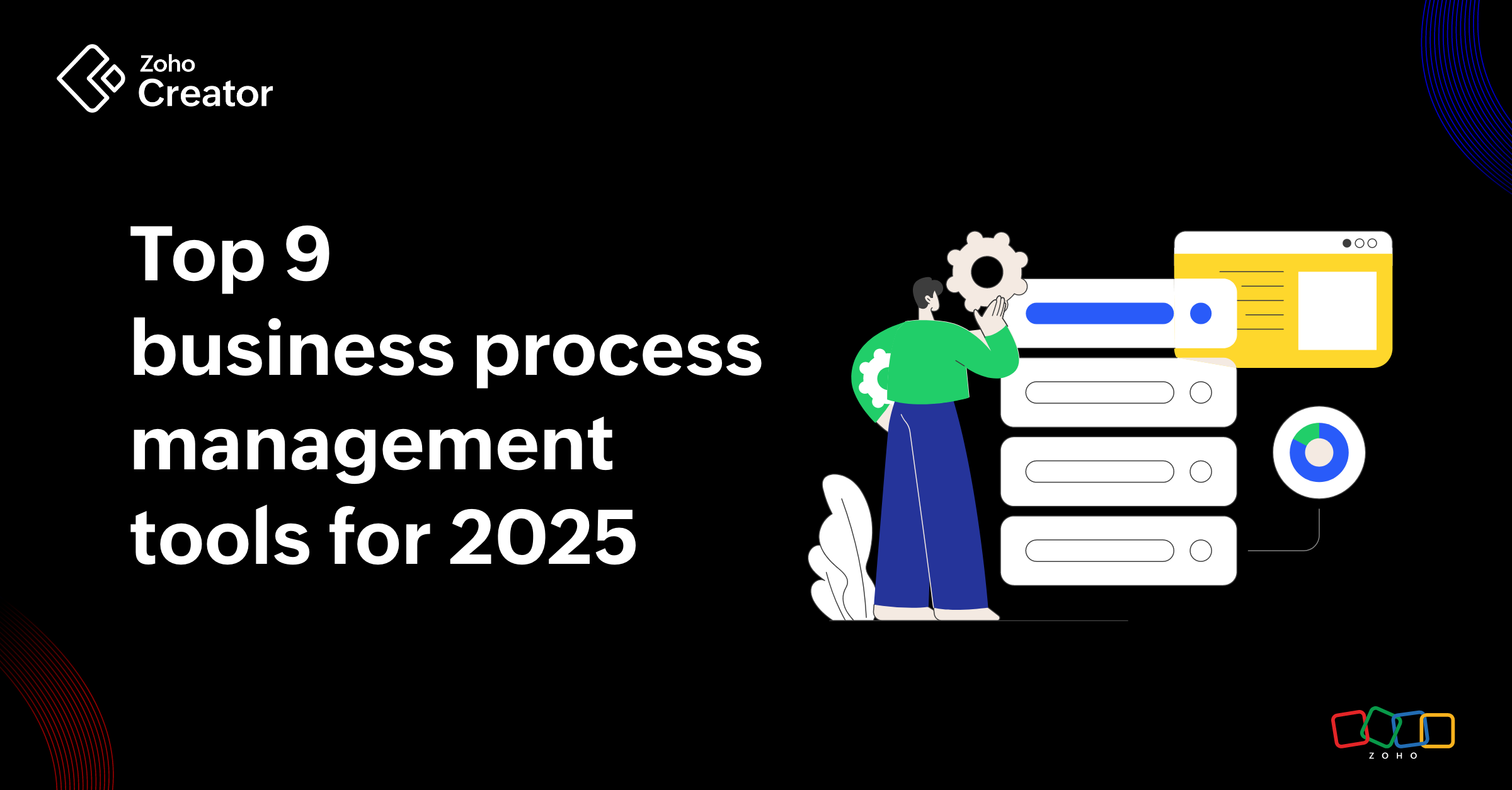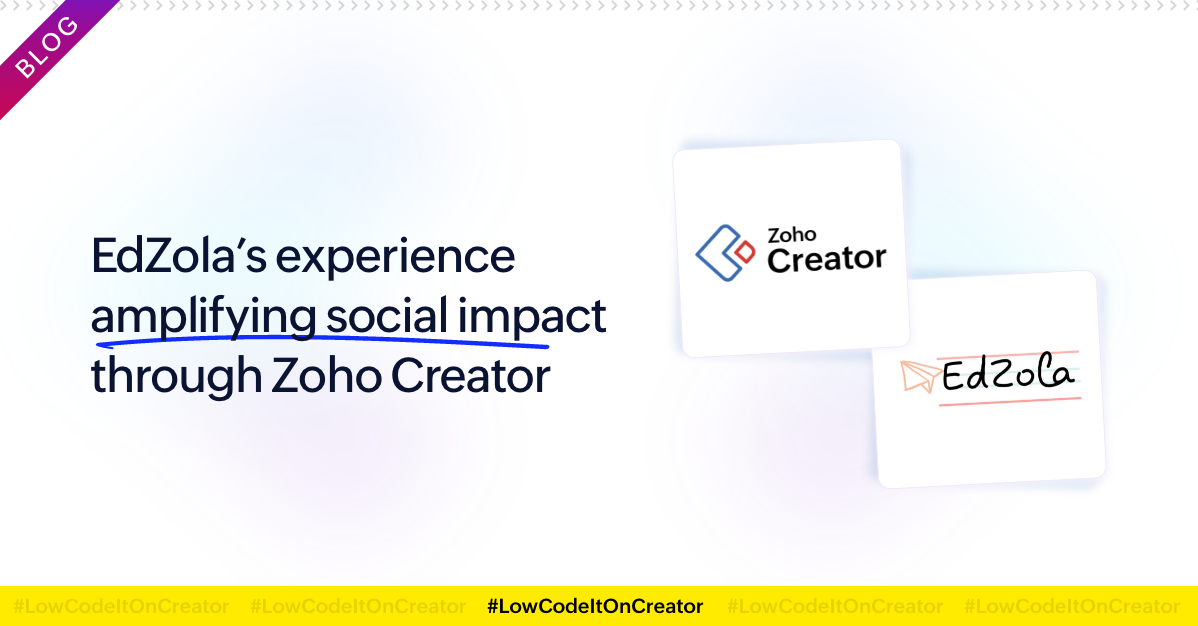- HOME
- Know Your Tech
- Top 5 Digital Transformation Challenges
Top 5 Digital Transformation Challenges
- Last Updated : August 23, 2023
- 948 Views
- 4 Min Read
Digital transformation is the adoption of digital technology to improve organizational operations and deliver value to customers. It typically involves the use of IoT, AI, the cloud, and big data technology to optimize business processes, improve customer experiences, and drive innovation.
Why businesses must transform to thrive in today's landscape?
According to a recent PWC Pulse survey, 60% of top executives see digital transformation as the most important driver of business growth. IDC FutureScape Predictions says that by 2024, the top five companies in each sector will be those who innovated through technology.
Businesses are becoming more aware of the value of digital transformation, and are investing heavily in it to stay competitive. What is alarming, however, is that 70% of all digital transformation efforts fail, and the consequences are often severe. In this blog post, we'll explore the key digital transformation challenges businesses face.
Here are some of the top digital transformation challenges businesses face:
1. Inadequate strategy and execution plan
2. Lack of buy-in from stakeholders
3. The baggage of obsolete processes
4. Legacy systems and difficulty integrating them with new technologies
5. Failure to prioritize training and adoption
1. Inadequate strategy and execution plan
Before embarking on a digital transformation journey, the golden rule is to have a solid strategy and execution plan. A lack of adequate planning can negatively impact your digital transformation journey and lead to confusion, lack of direction, and wasted resources.
Experts advise businesses to take a "sprint approach" rather than aiming for large-scale digital transformation. In other words, implement the changes in stages, evaluating the success of each step before moving on to the next. It is better to assess and pivot as needed than to fully implement a comprehensive solution that does not work.
There are numerous available references on transformation approaches to assist organizations throughout the process. We recommend starting with our step-by-step guide to digital transformation for CIOs.
2. Lack of buy-in from stakeholders
As the organization digitally transforms, it is critical that stakeholders shift their mindsets. We can all agree that change is challenging. When organizations don't consider the importance of employee buy-in, digitization efforts are likely to fail.
Employees must be on the same page as management, and regularly engaged in the transformation process, so they understand the reasons and best practices for every implementation. Furthermore, the core team driving the transformation must maintain transparency with stakeholders throughout the process. Digitization can sometimes feel like a threat to employees, owing to a reduction of manual labor. Management should be willing to listen to feedback, accommodate employee suggestions, and find a mutually beneficial middle ground.
3. The baggage of obsolete processes
Beginning the digital transformation journey while remaining saddled with outdated processes is a critical mistake businesses often make. A thorough evaluation of existing processes, followed by decisions on what to eliminate, optimize, and rethink is necessary.
Businesses must be willing to let go of redundant processes to pave the way for new process automations. This is essential for creating an optimal outcome, and will help you create a thorough and effective execution plan, as discussed above.
4. Legacy systems and difficulty integrating them with new technologies
The truth is, most enterprise companies stack their tech on top of legacy systems. These systems are expensive to maintain and, more often than not, create data silos due to the difficulties of integration.
It's important to understand that, even though legacy systems come with challenges, most companies use them to run their core processes, and it takes work to phase them out. Management has to make informed decisions about how to go about this and take the necessary steps to redefine, rebuild, and replace existing technology.
The key is not to aim for a drastic and abrupt transition, but to modernize your legacy systems with cloud solutions in focused and specific areas. In this way, businesses drive growth and foster confidence over time.
5. Failure to prioritize training and adoption
While strategy is critical, proper execution is also vital to an organization's digital transformation success. As you upgrade systems, you'll also need to update employee skillsets. Companies must invest in training, hiring, and retaining qualified employees with the necessary skills during the initial months.
Revolutionize your business operations with Zoho Creator's custom application development platform
Businesses must transform to maintain a competitive advantage, but their success depends on their approach. A mindful and considerate approach helps companies avoid common pitfalls and position themselves for success.
Being equipped with the right tools for transformation is as important as overcoming the challenges mentioned above. Identify the solutions that suit your specific plans and requirements. Low-code is one solution with proven success enabling and accelerating business transformation initiatives.
Are you a business looking for the perfect solution to help you kick-start your digital transformation journey? Low-code has assisted millions of companies in their digital transformation journeys, and its impact is expected to increase substantially in the coming years.
Zoho Creator is a low-code custom application development platform that can help you digitize your business and overcome many of the most common challenges.
 Meera S
Meera SMeera S is a product marketer for Zoho's low-code platform - Zoho Creator. She has 7+ years of experience in strategic partnerships and sales. In her current role she helps spread the low code message among prospective customers, developers, student community and helps build and nurture the Creator community. In her free time she tries to channel her Marie Kondo energy to her surroundings.



